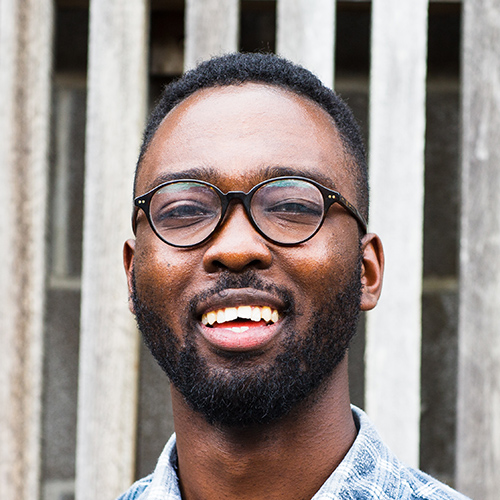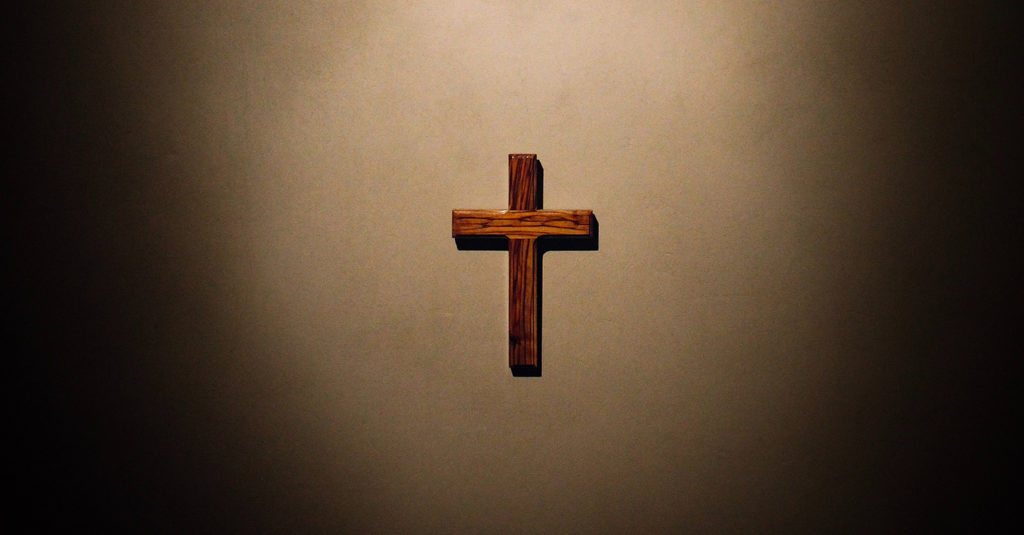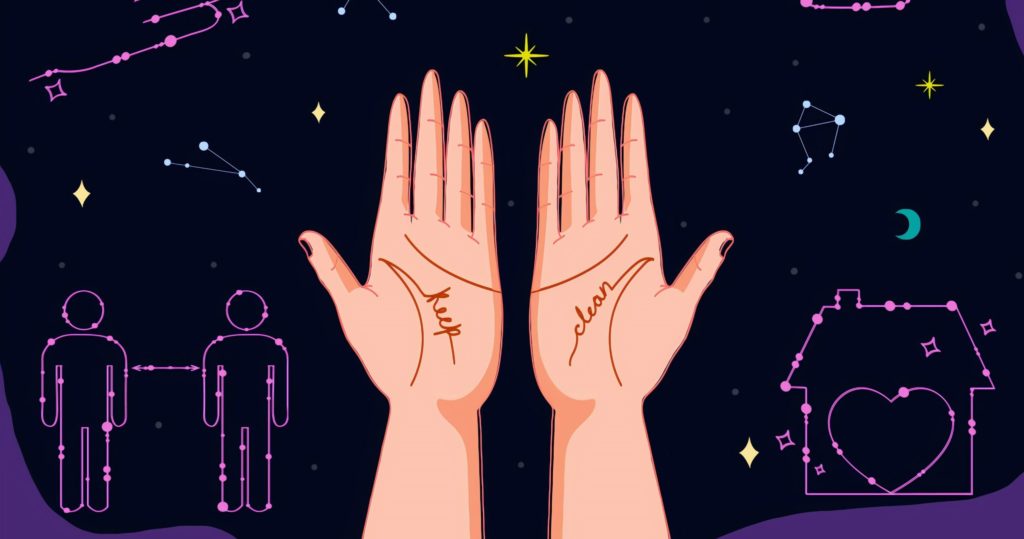Since the lockdown began, over 30,000 people have died from the COVID outbreak, including two friends of my family. The last nine weeks of the lockdown have been quite surreal, and I doubt we will ever forget it when it’s finally over. Some have been able to adapt better than others, largely due to the privilege of having jobs and homes which allow them to survive the period well. For others it’s been more stressful, as people’s livelihoods (and lives) are in the balance during this uncertain time. For most of us, mass boredom has ensued as we try to fill the increased amount of free time we suddenly have.
When I haven’t been working, I’ve tried to read more. One of the books I’ve delved into is The Pensées — a collection of writings from French philosopher and mathematician Blaise Pascal. Despite the fact he was writing 350 years ago, I’ve been struck by how relevant some of his thoughts are to our current situation. One quote in particular stuck out for me, where he talks about the human tendency to distract ourselves in life:
‘All man’s unhappiness results from his inability to sit quietly in his own room.’
At first glance, especially given the current circumstances, most people will identify with what Pascal observed about human nature but will not necessarily know why that is. In modern times, eastern practices such as mindfulness and meditation have sought to teach us to become increasingly ‘still’, with mixed results.
But the practice of being still in and of itself isn’t what Pascal meant. He was, in fact, referring to times when our usual forms of entertainment and distraction are not available. In these moments, we will eventually start thinking about death and our existence. And given that many of us are literally locked in our rooms due to our lives being at risk, this very scenario is being played out in homes across the country.
In some senses it has been positive. People have been able to spend more time with their families, strengthening (or sometimes further loosening!) important bonds. Others have set personal goals they never had time to originally pursue. We have generally been able to slow down, reprioritise, and think about the bigger picture. But this inevitably results in also having to come to terms with the unpleasant fact that we are not here for ever, and our man-made plans can be cut abruptly short.
We have reacted to this reality in numerous ways. But as a general rule, we will usually pursue all forms of distraction to avoid contemplating this. Pre-lockdown, it was easy. But for many of us now, we are having to engineer our own entertainment. Most of us will be aware from our social media feeds how this has played out: Tik Tok videos, podcasts, jigsaw puzzles, expensive DIY projects, and forced running regimes have been some of the things we have turned to in order to distract our minds from the anxieties and burdens we face, or from any real self reflection.
But in quite a tangible way, the pandemic has shown that distraction is not enough. It doesn’t stop the internal angst and boredom, it doesn’t alleviate the economic hardships we will likely face because of the virus, and most importantly it doesn’t prevent death. As well as distraction from death, we are currently looking to deliverance from it — ways to escape and put off the inevitable hammer blow to our lives. Its why there has been so much focus on improving healthcare, on the new found collective efforts to fundraise to save our NHS, and to follow the science as much as possible because it seems this is all we have to combat our deadly enemy.
Our worldview becomes quite important in times like this. If we are simply a collection of random cells with little to no meaning (as our western materialistic culture would have us believe) then why do we fight so hard to distract and deliver ourselves from death? Doesn’t death just become equally meaningless, a rearranging of chemicals within the universe, almost natural?
Blaise Pascal’s four-hundred-year-old ‘tweet’ still rings true today. We don’t want to be left alone for too long with our own thoughts because we start contemplating our mortality. It indicates that deep down we understand that there is something deeply wrong with death. That viruses, pandemics and funerals are not natural. And our current understanding of a Godless universe doesn’t provide the answers.
Pascal’s now unpopular assumption was that there is a God, who has actually provided an ultimate solution to death. It can largely be summarised in a quote from Jesus himself: ‘I am the resurrection and the life. Those who believe in me, even though they die, shall live’.
The Christian claim is that when Jesus later was executed by Roman crucifixion, and then physically rose from the dead, he proved that he had the power to fulfil that promise — to defeat death. That’s why for centuries Christians have understood and lived through pandemics differently. The daily distractions are viewed for what they are: temporary enjoyments that do not provide lasting satisfaction. The deliverance everyone is frantically seeking for their souls and bodies has already been found in Jesus.





